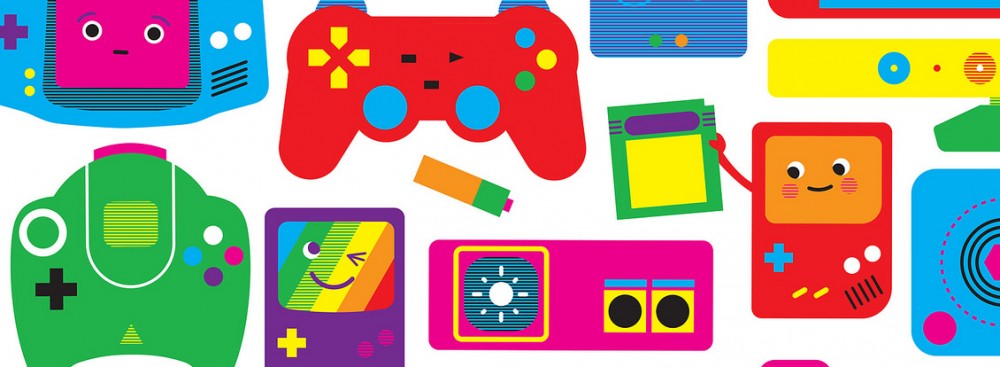How did you come up with this idea?
At the first TEDxVictoria conference in 2011, I was blown away by a presentation by Jim Tanaka and his team from the Psychology Department about using video-game technology to help kids with autism learn facial recognition. After that, I found other UVic researchers who are using these so-called “gamification” tools for everything from teaching treaty rights to exploring the ocean floor. I also discovered that, beneath its tea and crumpets image, Victoria has a thriving video-game design industry, including big players like Microsoft, InLight, and GameHouse and homegrown start-ups like KANO/APPS, Dactyl Applications, Brain Warp and DJ Arts. So, when I took over as Director of UVic’s Technology & Society program last year, I decided it was a great opportunity to bring these two worlds together—the campus and the high-tech community—through a mutual interest in the power of video games.
How different is it? Has this been done elsewhere?
There are big conferences focused on social gaming and gamification in New York City and San Francisco and smaller academic conferences elsewhere. But we really wanted to emphasize the “Fest” in IdeaFest, so we”re calling it a “pop-up idea arcade,” which I think will make the experience unique. The talks will be more conversational. There will be side rooms to get a hands-on experience of game designs and screenings of the most innovative games of the past year. There will be a documentary premiere about the making of Mincecraft at Cinecenta on the Friday night. Plus, we’re running an all-day Game Jam, in which students will collaborate to design and pitch new ideas for how game design can help save an industry in precipitous decline — namely, journalism. In other words, the “idea arcade” will actually be creating new research and innovation, rather than just talking about it.
Why gaming?
Along with hip-hop, video games are the most important cultural innovation of the last 25 years. Like hip-hop, games manipulate technology to create new forms of expression and cooperation. And like hip-hop, video games are completely misunderstood by almost everyone over the age of 45. But if you talk to a current student at UVic, you’ll discover how deeply embedded video gaming has been in many of their lives—they have an incredible nostalgia about old 8-bit games, for instance. Video games have also radically transformed since I played Pong and visited the local arcade as a kid. They’ve become bigger than Hollywood as an industry. They’ve also become far more varied and creatively complex and easier for people to make on their own. To ignore or disparage gaming is to be Rip Van Winkle: you’ve slept through the most important cultural shift of the last two generations, and it’s time to wake up.
Will people take it seriously?
That’s the challenge! One person on Twitter told me he finds the idea of using video games to address important social issues to be “obscene”. That’s the kind of knee-jerk skepticism this event is designed to explore and to challenge. If you show up, you’ll experience how video games can motivate players to improve education, science, healthcare, charity work, and even reflect artistically on the paradoxes of human identity — and yet still be fun. You could say that the underlying theme of the whole day will be “serious play”. That’s not a contradiction in terms.
